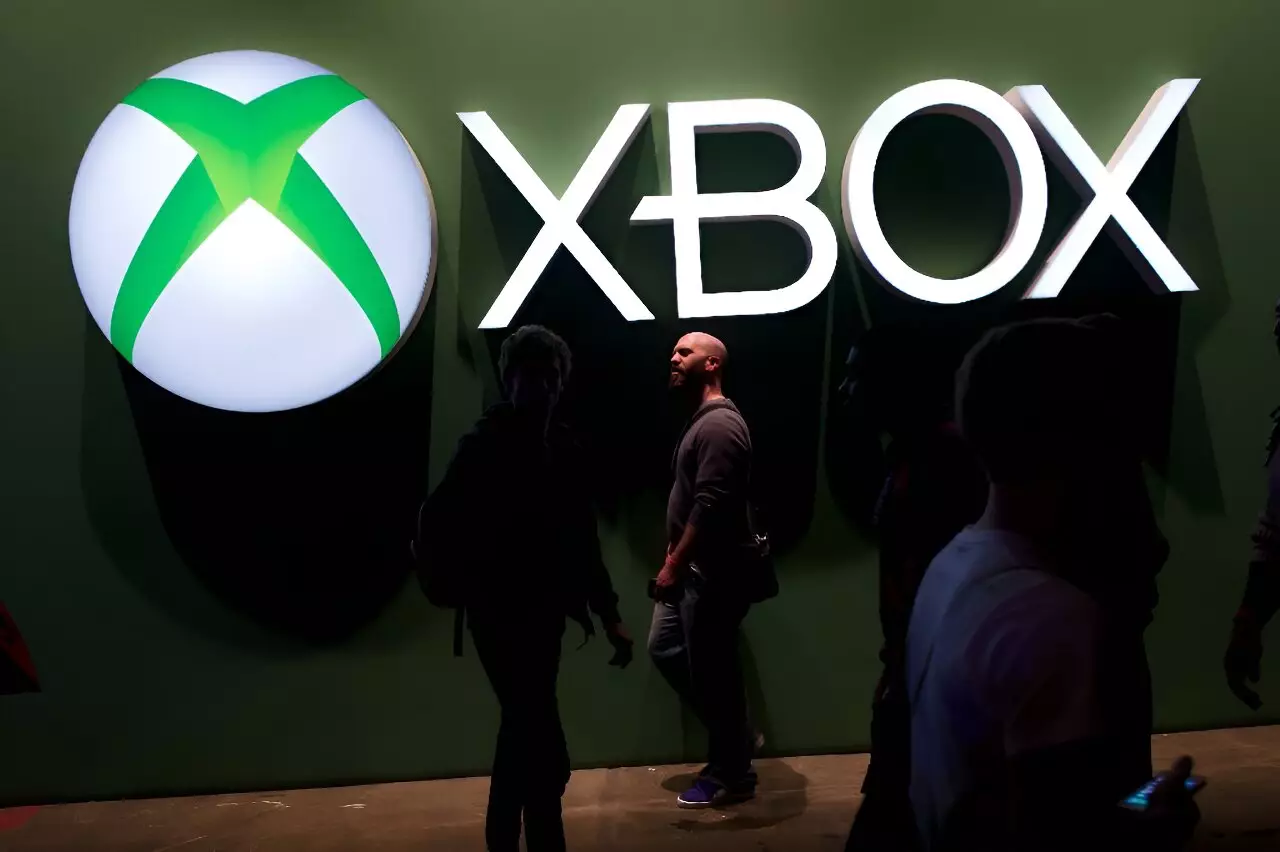In a significant move echoing the turbulent landscape of the video gaming sector, Microsoft has announced the elimination of approximately 650 positions within its gaming division. This decision is a continuation of a broader trend in the industry that has seen layoffs becoming increasingly common. The motivation behind these layoffs, articulated by gaming chief Phil Spencer, revolves around the necessity to streamline operations and ensure long-term success in the aftermath of the monumental acquisition of Activision Blizzard for $69 billion. Despite the potentially transformative impact of such a buyout, the reality of corporate restructuring often forces companies to make difficult choices that directly affect employee livelihoods.
These layoffs have drawn criticism, particularly from the Communications Workers of America (CWA), which represents many professionals within the gaming industry. CWA’s disapproval underlines an essential aspect of the conversation about job security in gaming – the disappointment and frustration among industry insiders regarding these ongoing eliminations. Senior producer for World of Warcraft, Samuel Cooper, expressed that these “heartless layoffs” reflect a troubling normalization of job reductions within gaming, especially following Sony’s own recent cuts. The sentiment within the industry signals a desperate need for a reevaluation of how companies prioritize their workforce amidst rapid expansions and acquisitions.
Microsoft’s previous layoffs of 1,900 employees earlier this year as part of the Activision Blizzard merger reaffirm a crucial point about mergers and acquisitions: the promise of growth often comes with overlooked costs. While Spencer reassured employees that no games or studios were being shut down, the fundamental disruption in the workforce and the anxiety accompanying such changes cannot be minimized. The strategic aim of the company appears to be focused on “sustainable cost structure,” but the human element of these adjustments is glaringly present. Employees are left grappling with uncertainty in both their careers and the future of their projects.
The broader tech landscape is further exacerbating this issue with significant layoffs reported across various sectors. As outlined, tech jobs have disappeared at an alarming rate, with figures from layoffs.fyi indicating that about 136,360 job losses have already occurred this year alone. This figure is alarming and calls for introspection regarding employment practices within tech companies. For a sector that thrives on creativity and innovation, the constant cycle of layoffs suggests a disconnect between business strategies and talent retention.
As Microsoft’s actions highlight, the gaming industry is navigating a precarious balance between expansion and maintaining a sustainable workforce. The streamlining of operations may serve corporate interests in the short term, but the long-term ramifications for employee morale and industry innovation are deeply concerning. The path forward must integrate strategies that not just enhance efficiency and bottom lines, but also prioritize the wellbeing of employees who are pivotal to the creation and evolution of gaming experiences. Moving forward, addressing these concerns holistically will be crucial for fostering a resilient and thriving gaming community.


Leave a Reply